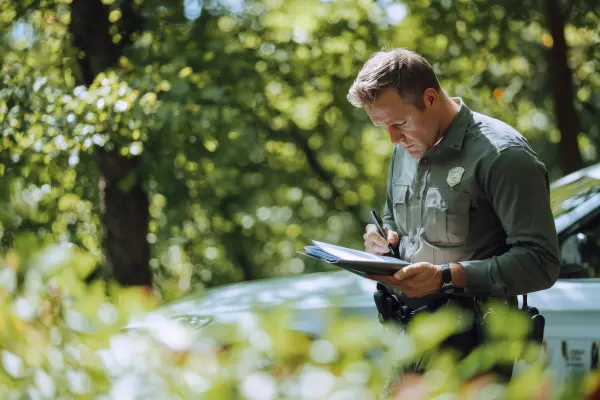Need Wildlife Or Pest Control?
Leave your information below and we’ll be in touch with a FREE quote!
"*" indicates required fields
*During normal business hours. After hours calls will be returned the next business day.
Need Wildlife Or Pest Control?
Leave your information below and we’ll be in touch with a FREE quote!
"*" indicates required fields
*During normal business hours. After hours calls will be returned the next business day.

